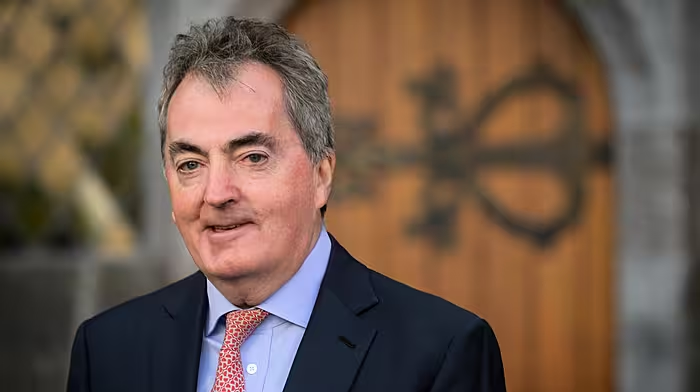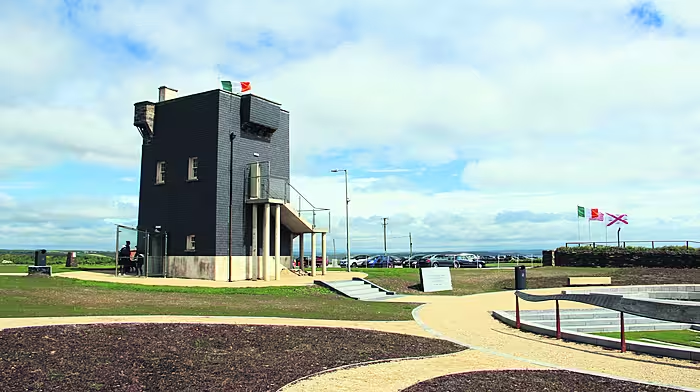Washington confirmed that it would extend its market access to exports of manufacturing beef on July 5th, paving the way for shipments of meat destined for burgers and similar processed beef products, to supply the country’s fast-food industry.
WASHINGTON confirmed that it would extend its market access to exports of manufacturing beef on July 5th, paving the way for shipments of meat destined for burgers and similar processed beef products, to supply the country’s fast-food industry.
The news comes as a welcome boost to the Irish farming sector, which has been thrown into a period of uncertainty following the decision by the country’s key trading partner to leave the EU on June 23rd. The announcement of improved access to the world’s largest beef market builds on the previous license (January 2015) to export high-value steak cuts, such as fillet, rib-eye and sirloin.
At the beginning of last year, ex-Agriculture Minister Simon Coveney said access to the US market for prime cuts would be worth around €50-€100 million. But the reality was somewhat different, as most US consumers view domestic beef as superior to imports.
Figures from the Irish Department of Agriculture indicate there are currently six ‘US-approved’ plants to export premium beef cuts, with export volumes in 2015 worth only around €14 million. Exports to the US in the first quarter of 2016 were just under 700 tonnes with a value of €6 million.
The total US beef market is estimated at 11 million tonnes per annum – 60% for food service and 40% retail. Around one million tonnes of this is imported, the bulk of which is for manufacturing beef, with the Irish meat industry keen to exploit the more lucrative mince segment of the market. Irish Minister for Agriculture, Food and the Marine Michael Creed hailed the move, describing it as a ‘culmination of over a year of intensive work between my Department and its US counterparts.’
The Macroom man said Ireland would have ‘first-mover advantage,’ thereby maximising full market access, underlining that ‘recent events closer to home have highlighted once again the importance of diversifying our international beef markets.’
President of the Irish Farmers’ Association Joe Healy echoed this sentiment, saying it was very important for an exporting country such as Ireland to “access new markets for beef and ensure the long-term viability of the sector, particularly in light of the recent Brexit outcome”.
Meanwhile, British Home Secretary Theresa May, seen as a pragmatic and tough negotiator, was sworn in as Prime Minister on July 13th, becoming the second female UK Premier after fellow Conservative Margaret Thatcher. During the ‘in/out’ campaign, May sided with the ‘Remain’ camp, but she has ruled out a second referendum and pledged to respect the voice of UK citizens.
‘Brexit means Brexit and we’re going to make a success of it,’ she said, but commentators suggest she is unlikely to trigger Article 50 of the Lisbon Treaty any time soon. The 59-year-old politician from Eastbourne, Sussex, is likely to use the summer months to finalise her country’s exit strategy from the EU.
The vicar’s daughter and Oxford graduate is a familiar face in Brussels and has been likened to German Chancellor Angela Merkel. May has a tough task ahead of her to navigate through unchartered waters and deliver a deal that is good for the UK, without impacting too heavily on other countries such as its nearest neighbour Ireland.
• Rose O’Donovan is the Editor-in-Chief of the Brussels-based publication AGRA FACTS & a regular contributor to the video platform www.vieuws.eu







